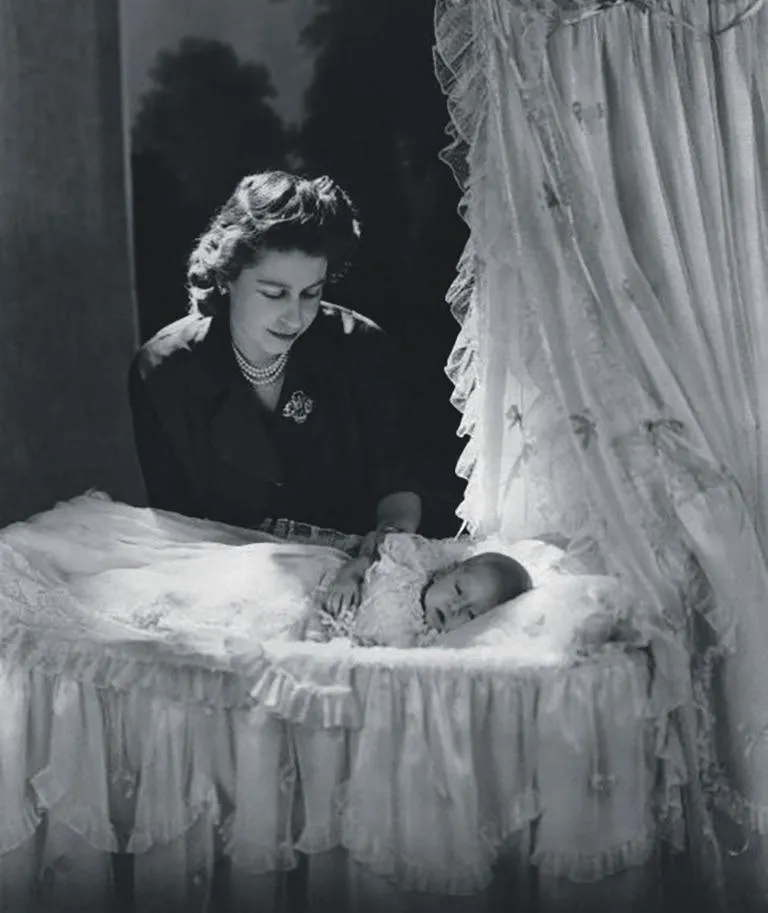The sad demise of Queen Elizabeth II inevitably invites reflections on the institution of monarchy and its prospects under her successor.
Speculation has been going on for some time, but now we have reached a turning point that cannot be ignored. Monarchy as we know it traces its origins to the Germanic tribes that invaded the Roman Empire and set up states that have endured in recognisable forms to the present day. The kings and chiefs of those tribes were often regarded as shamans, even as descendants of gods, who had special spiritual powers that bound the people together. When they became Christian, those rulers had to abandon such pretensions, but the Church filled the void thus created by claiming the right to legitimise monarchs as servants of Christ, endued by Him with the power and authority to govern their people in secular affairs.
The chief symbol of this was the rite of coronation, first practised in England in 973 and continued ever since. It is legally possible for a king to reign without being crowned, but even today most people sense that this is an anomaly. It is the coronation that sets the seal on his right to rule, and the coronation is an intensely Christian ceremony. It is a reminder that the head of state is ultimately subject to the law of God. In constitutional terms, it is not the state that establishes the Church, but the Church that consecrates the king, and through him, the nation that he governs. A king who defies the Church is unlikely to last long. James II tried it during his short reign (1685-8) and was forced to flee the country. Edward VIII tried it in a different way, and had to abdicate. Charles III will not follow their example, but the hesitations that still surround his suitability to be king, following his divorce and remarriage, are a reminder that the issue is never far away.










Sarah Mullally: 'Undertrained and inexperienced'
After months of speculation, the Church of England has finally appointed a new Archbishop of Canterbury. The first woman in …